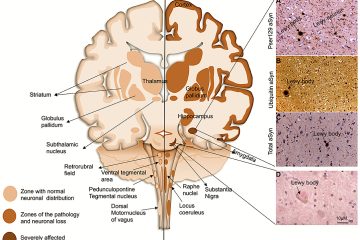Understanding the Concept of a Sinner

The Importance of Defining a Sinner
The concept of a ‘sinner’ resonates deeply within various religious and cultural frameworks, representing an individual’s moral failures or transgressions. As societies evolve, understanding the implications of being labelled a sinner has become pivotal, not only for individual identity but also for collective morals and ethics.
Religious Perspectives
In Christianity, the term ‘sinner’ is often used to describe those who stray from divine commandments as outlined in the Bible. The New Testament emphasizes that all humans have sinned and fall short of the glory of God, highlighting the universal nature of sin and the potential for redemption through faith. In Islam, the concept is similarly significant; however, it extends into the notion of repentance (Tawbah) which is crucial for one’s return to righteousness. The boundaries of what constitutes a sinner can vary substantially across different religious beliefs, shaping followers’ behaviours and societal values.
Social Implications of Being a Sinner
Beyond spiritual considerations, the label of a sinner has profound implications on an individual’s social standing. In many communities, admitting to wrongdoings can lead to social ostracism. However, the recent trend towards restorative justice offers a different outlook—encouraging empathy and understanding rather than outright condemnation. This shift is significant in addressing broader social issues like addiction, criminal behaviour, and mental health, where the acceptance of one’s transgressions is seen as a step towards recovery, instead of a ‘sinner’ being eternally defined by their past actions.
Conclusion: Significance of Understanding ‘Sinner’
In conclusion, understanding the term ‘sinner’ allows for a deeper exploration of personal identity, societal norms, and the complexities of morality. As conversations around forgiveness and redemption continue to develop, individuals labelled as sinners may find pathways to rehabilitation rather than condemnation. This evolving narrative encourages a more nuanced understanding of morality that values transformation over judgement. For readers, reflecting on personal values and definitions of right and wrong can pave the way for greater empathy towards those society may label as sinners.







